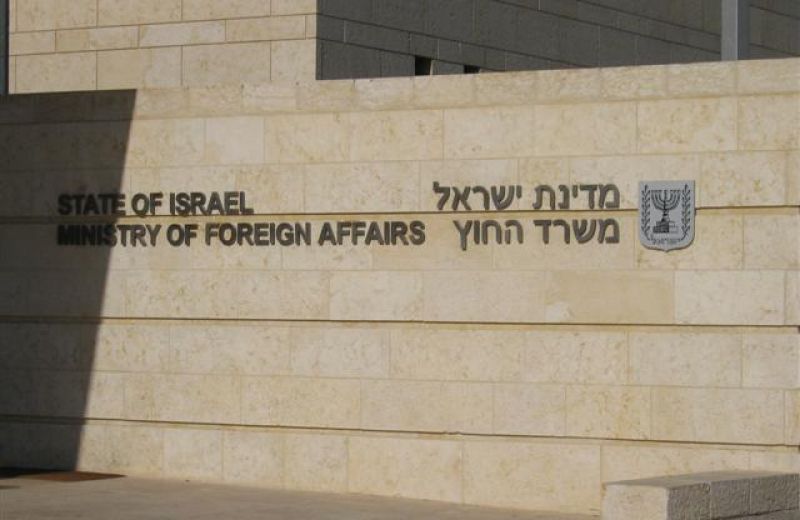
An Outward-Looking Israeli Foreign Policy
Israeli foreign policy should shift from contrarianism to integration, and work toward a more committed role in international institutions and increased share in foreign and humanitarian aid. The

Israeli foreign policy should shift from contrarianism to integration, and work toward a more committed role in international institutions and increased share in foreign and humanitarian aid. The

Hamas’ new policy document does not cancel or supersede the organization’s charter. Rather, its goal is to enable Hamas to maintain control over the Gaza Strip and to improve relations with
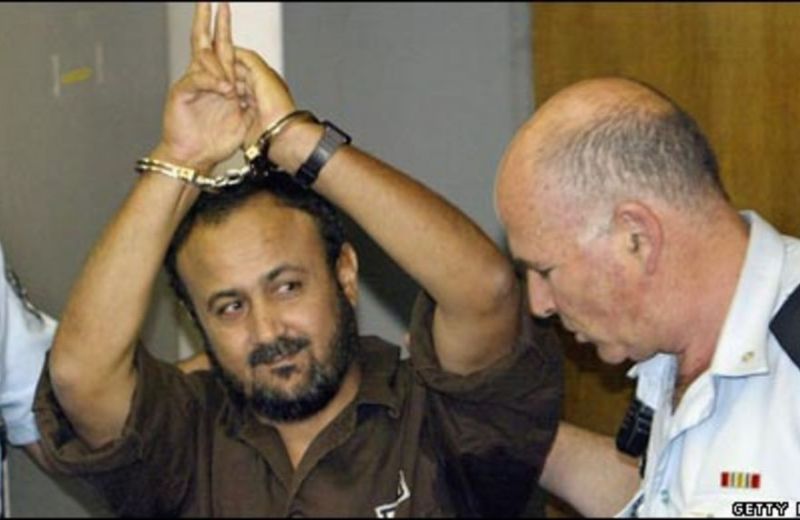
Palestinian Prisoners’ Day is marked every year on April 17th. It is considered a national commemoration day, a shared general consensus amongst the Palestinian population. This day is encumbered
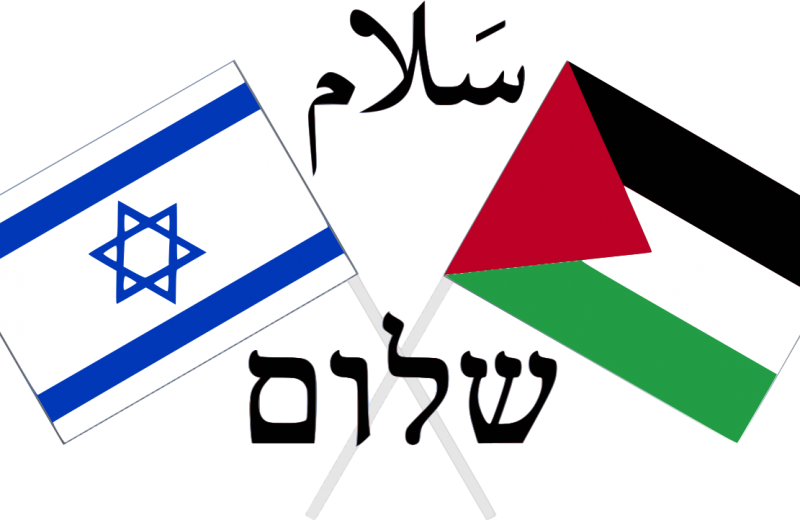
Given ongoing stagnation in the peace process and the new American administration, the Mitvim Institute convened a policy-planning roundtable to discuss which steps the international community
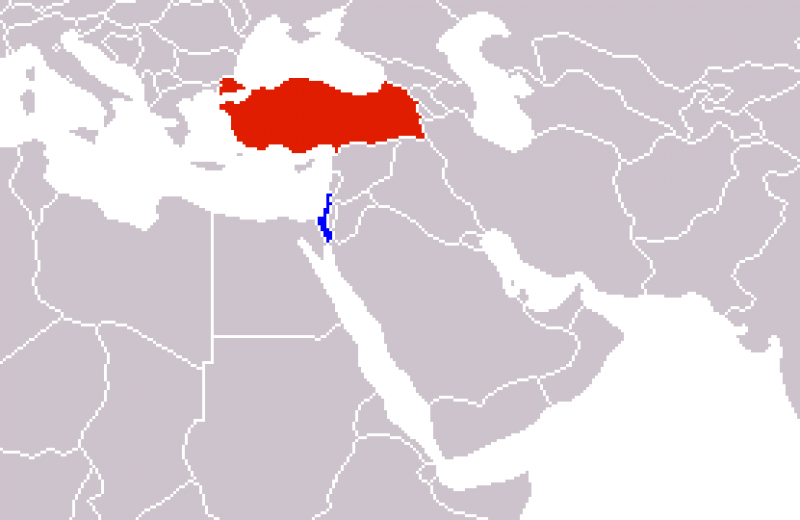
An extended period of strained relations has finally ended with a series of lengthy negotiations that culminated in the recent Turkey-Israeli deal in June 2016. The crucial point in the

As someone who personally experienced the first downgrading of diplomatic relations between Israel and Turkey in 1981, and kept close track of the second downgrading in 2010, I naturally feel

An extended period of strained relations has finally ended with a series of lengthy negotiations that culminated in the recent Turkey-Israeli deal in June 2016. The critical point in the
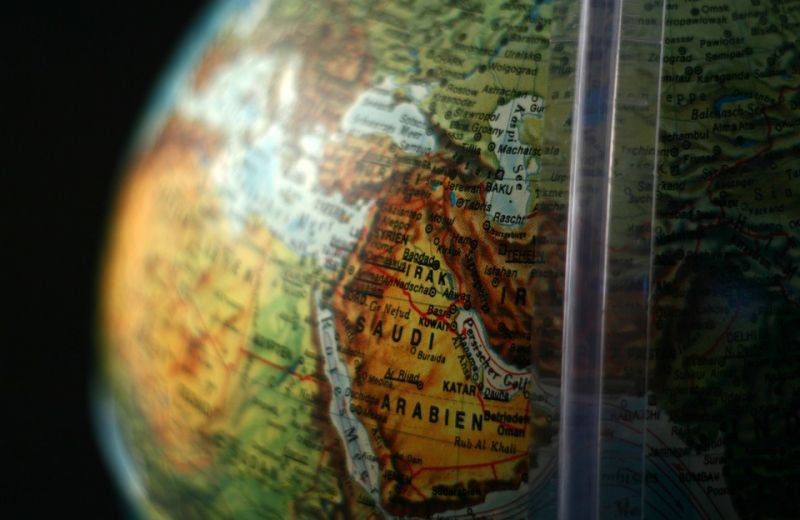
Israel has come to see its geo-political location in a negative light, mostly as a result from the Arab-Israeli conflict and its subsequent regional isolation. As a consequence, it has developed
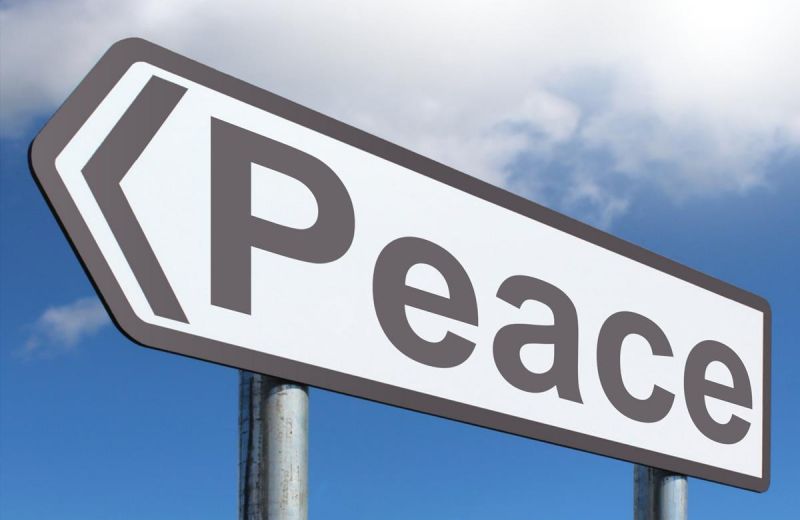
A resolution to the Arab-Israeli and Palestinian-Israeli conflicts is a vital national interest of Israel and must be a central goal of its foreign policy. The status quo is unstable and time is

Turkey and Israel have finally restored diplomatic relations based on a reconciliation deal signed on June 28, 2016, following six years of a tumultuous negotiation process. After agreement on

Turkey and Israel have finally restored diplomatic relations based on a reconciliation deal signed on June 28, 2016, following six years of a tumultuous negotiation process. After agreement on

At a press conference in Rome on June 27, 2016, Israeli Prime Minister Benjamin Netanyahu announced that Israel had reached a reconciliation agreement with Turkey. Israel’s premier stated

It was July 3, 2016, only a few days after the security cabinet had convened in Jerusalem and approved the reconciliation agreement between Israel and Turkey. The bow of the Lady Leyla ship

Several factors have always played an important role in Turkish-Israeli relations since the two countries established diplomatic relations in 1949. First of all, both countries have been in the
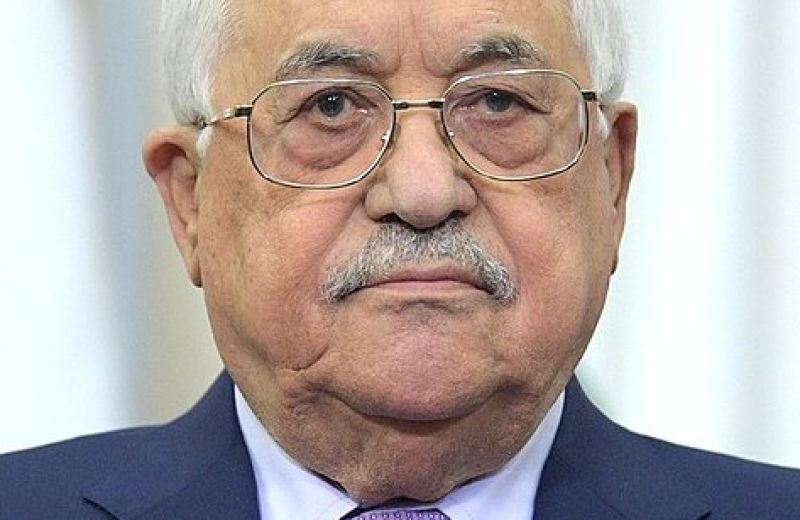
The Palestinian government recently decided to postpone local elections – that were scheduled for October 2016 – by four months, whilst limiting voting to the West Bank alone. The decision was
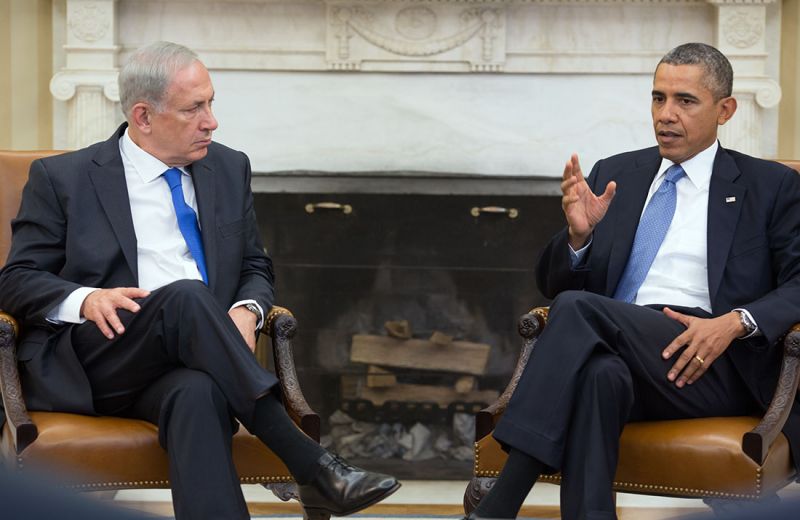
As US President Barack Obama’s term in office is nearing its end, he may choose to present parameters for an Israeli-Palestinian final-status agreement before departing from the White House,

The Fatah movement and the PLO (Palestinian Liberation Movement) leadership are experiencing a deep internal crisis. In 1969, Fatah leader Yassir Arafat took control of PLO institutions and

Engaged in a series of policy dialogues since 2012, Mitvim – the Israeli Institute for Regional Foreign Policies and the Global Political Trends (GPoT) Center believe that after the signing of

The recent report of the Middle East Quartet, published in July 2016, recommends that Israelis and Palestinians “foster a climate of tolerance, including through increasing interaction and

The international community is currently exploring an initiative to establish an International Support Group (ISG) for the Middle East Peace Process, which is supposed to help create conditions

The Palestinian President has recently announced his resignation from the position of Chairman of the PLO Executive Committee. This move took place in parallel to the intensification of power

A foreign policy paradigm is the way policy makers perceive their country’s foreign policy goals and their country’s political and military position in the international community. The strategy

Israeli foreign policy must adapt to become compatible with the modern diplomacy of the 21st century. It must recognize the increasing role of new actors in the diplomatic sphere and create
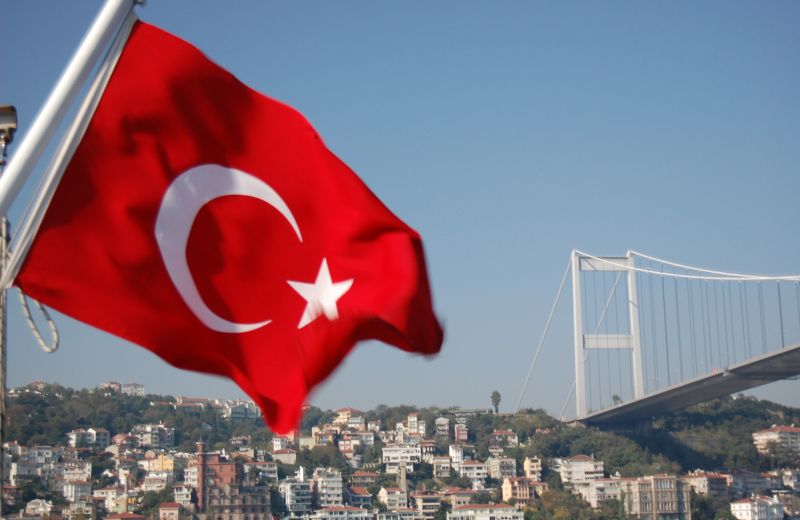
Most analysts consider Davutoğlu’s “zero problems with neighbors” strategy a failure, and typically cite Turkey’s decision to lend its support to religious conservative movements like the Muslim
Israel lacks a coherent foreign policy. This has a harmful effect on its position in the world, on the role of its Ministry of Foreign Affairs in decision making processes, and on the conduct of

The alliance with the US is a crucial asset for Israel’s foreign policy. It brings Israel significant political, security and economy benefits. Public opinion data shows that the Israel public
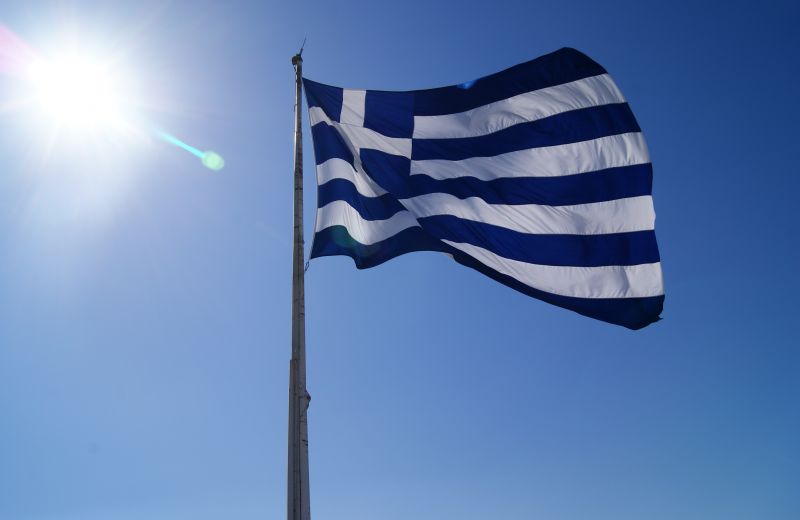
The Coalition of Radical Left (Syriza) was the big winner of the Greek national elections of January 15, 2015, as expected. With 36.34% of the votes, Syriza and its leader (now Prime Minister)
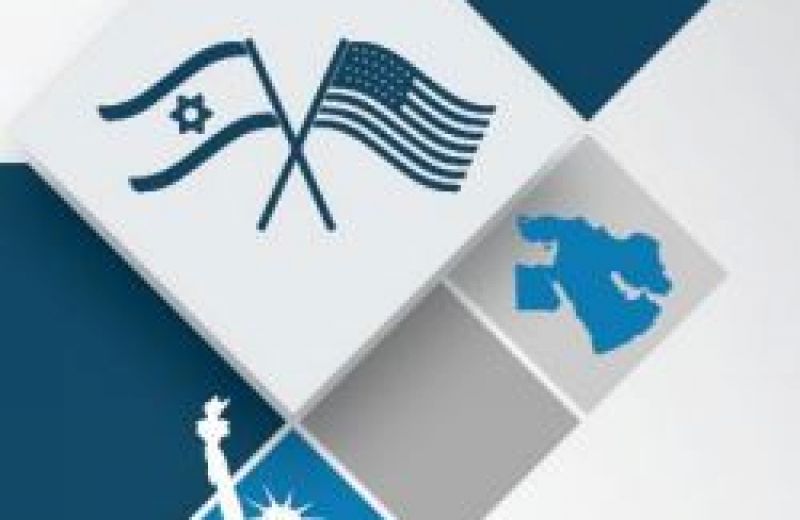
The 2014 American midterm elections on November 4 brought a sweeping victory for the Republican Party, which among other gains retook the Senate. When the new Congress convenes on January 3,

Israel lacks a coherent foreign policy paradigm. However, an analysis of Israel’s foreign policy conduct since 1948 highlights seven key elements: the influence of the coalition system on foreign

New circumstances within the U.S. and the Middle East open a window for a more effective American role in transforming the Israeli-Palestinian conflict. It is a role that must convey a sense of
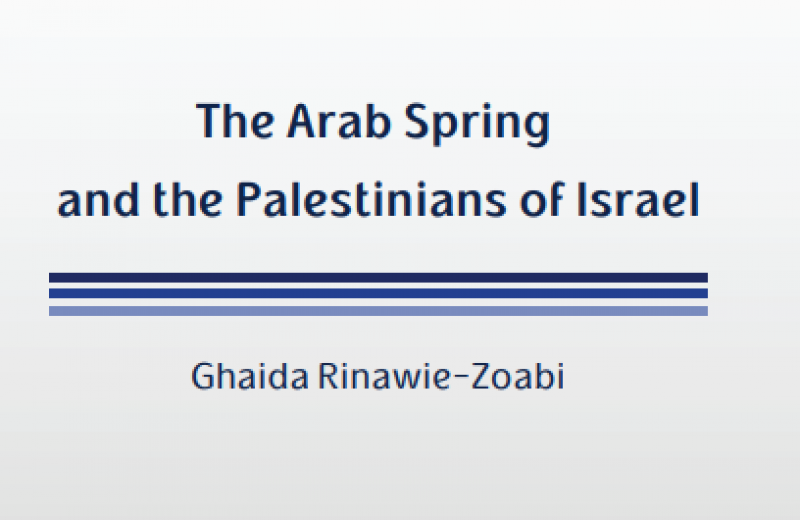
The conversation among the Palestinians of Israel about the Arab Spring raises a number of key moral, political and social dilemmas. In light of the regional turmoil, they debate the impact of
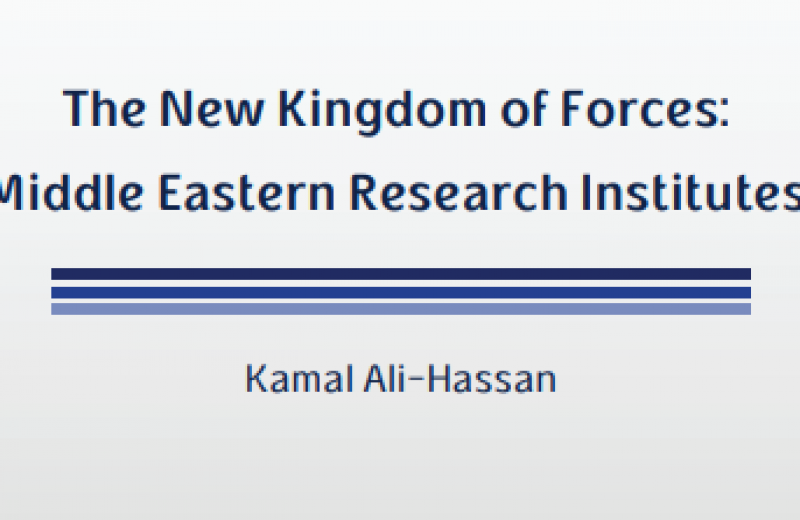
The Arab Spring substantially strengthened the research institutes in the Arab world. New institutions are being established, while ones that existed prior to this revolutionary period attempt to
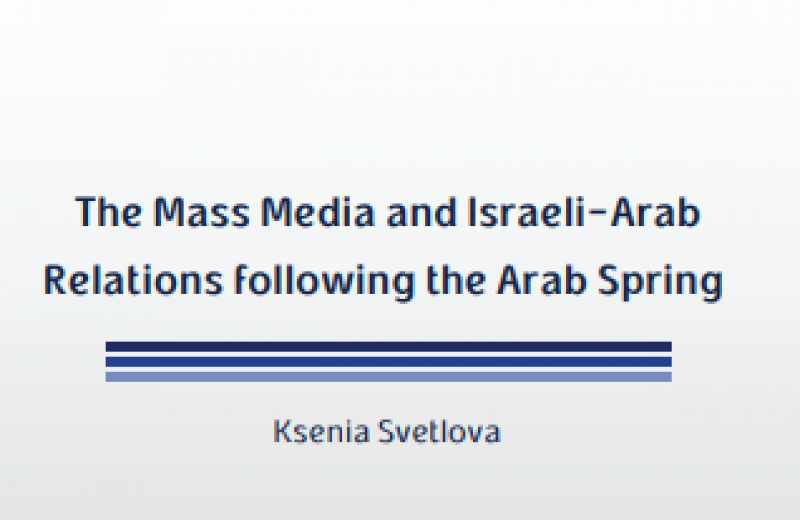
The Arab Spring has changed the mainstream media scene in the Middle East. Major pan-Arab TV stations have been losing audience, while new media such as Twitter, Facebook, and independent blogs
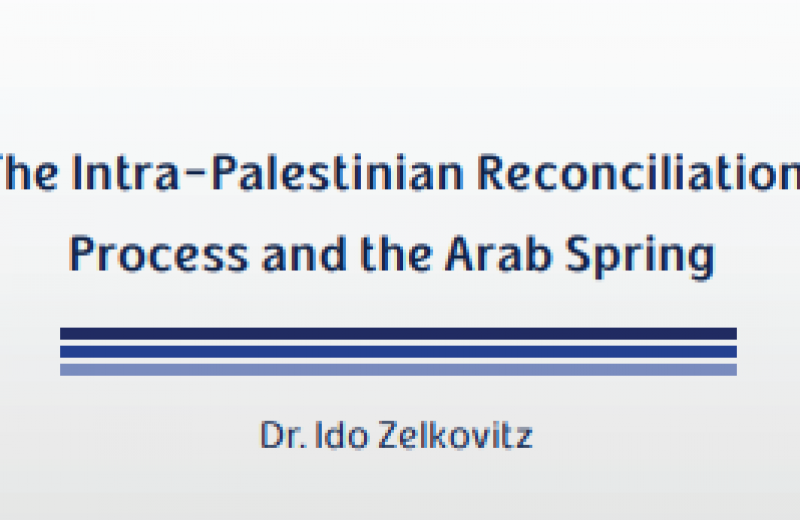
The Arab Spring influenced the Palestinians as well. The younger generation of Palestinians began demanding to end the political division between Fatah and Hamas. In response, the veteran
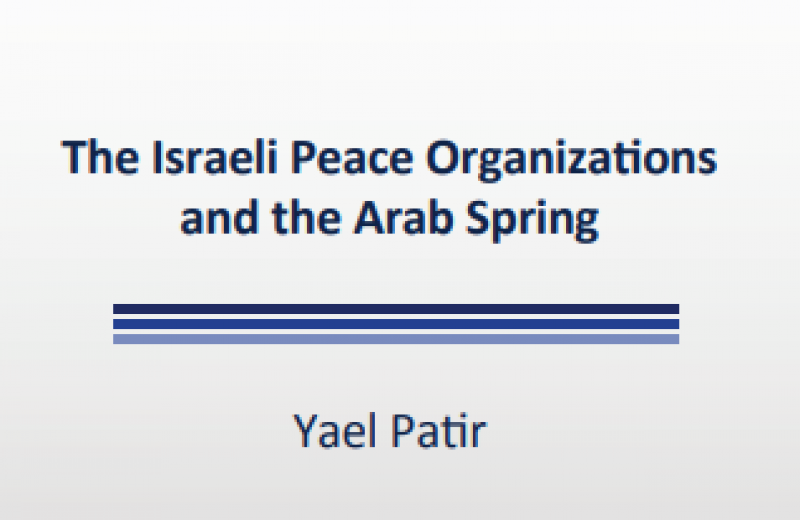
A few springs past the start of the Arab Spring, and the Israeli peace camp’s flowerbed has yet to blossom. The Israeli peace organizations had difficulties in connecting regional

Summary of Mitvim’s activities towards mending the relations, August 2011-March 2013 Towards Mending Israel-Turkey Relations Summary of Mitvim’s Activities August 2011- March 2013 In

The Arab Spring reshaped the set of threats that Israel is facing. Rather than fearing the strength of their Arab neighbors, Israelis are now concerned by their weakness. Israel has a long and

On July 23rd 2012, Mitvim—The Israeli Institute for Regional Foreign Policies has conducted a workshop in cooperation with U.S. Embassy, Tel Aviv on the topic: “Spoilers of Peace and the Dilemmas
Mitvim calls to regularly convene think-tanks from the broader Middle East, to discuss implications of the ongoing changes in the region, and to explore and promote paths to security and peace

Winds of change have begun blowing across the Middle East in early 2011. For the first time in decades, Arab citizens in different countries have been going to the streets and demanding freedom
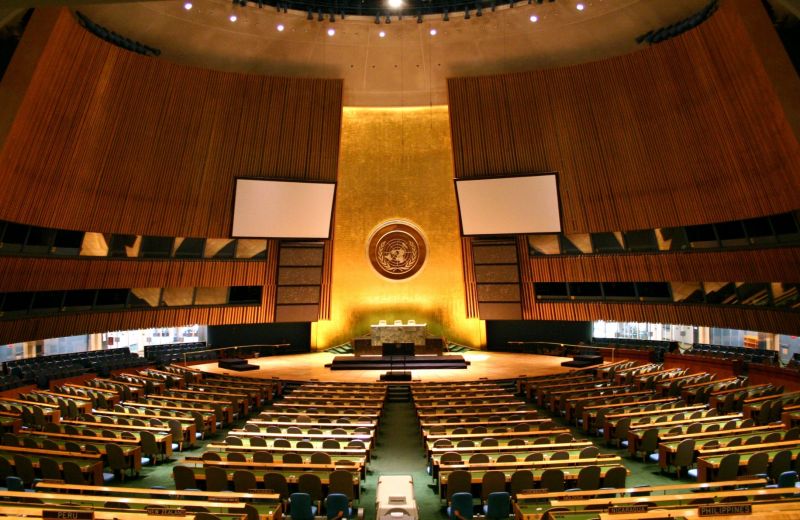
Mitvim representatives participated in meetings with a series of key Palestinian figures from Ramallah and Nablus. The meetings focused on the implications of the Palestinian UN statehood bid of
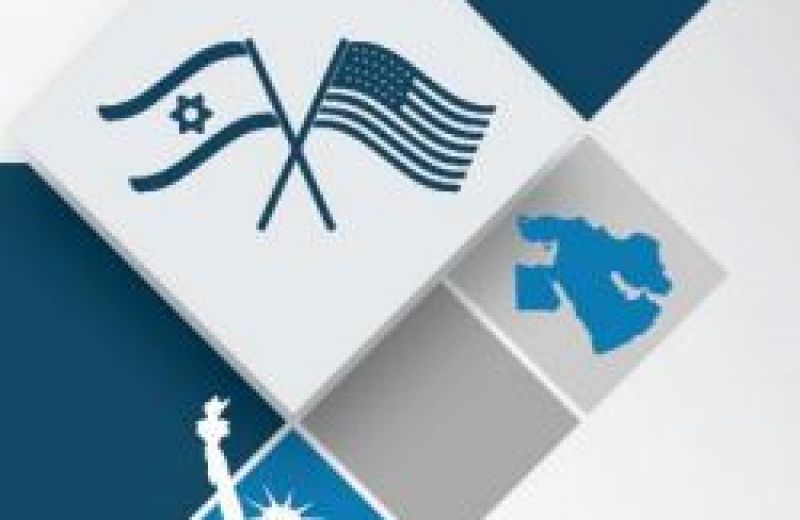
A Survey of American Think Tanks’ Publications Ms. Michal Eskenazi, July 2011 The democratic wave sweeping across the Arab world has transformed the strategic and political landscape of the

